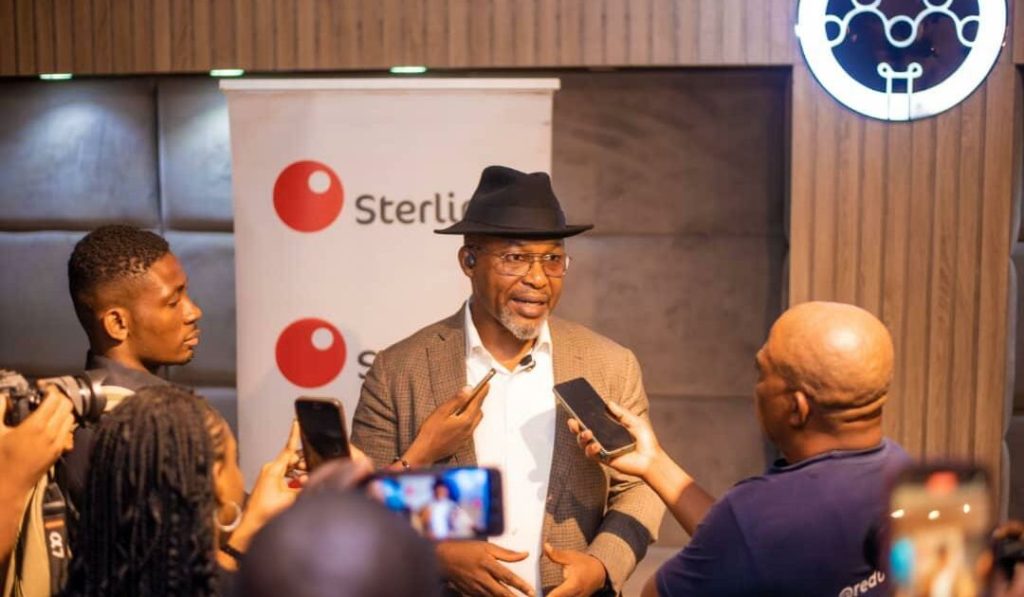Osita Chidoka, former Minister for Aviation, has publicly lauded Sterling Bank for its groundbreaking decision to eliminate all charges on local online transfers, a practice considered a “quiet but costly” norm within the Nigerian banking sector. Chidoka reinforced his commendation by opening a personal account with Sterling Bank, a move he characterized as both a “statement of values” and a symbolic protest against exploitative banking practices. This action followed Sterling Bank’s April 1st announcement which, initially met with skepticism and perceived as a marketing ploy, was quickly confirmed as a genuine commitment to alleviating the financial burden on customers. By sacrificing potential revenue, Sterling Bank signaled a prioritization of customer welfare over profit maximization, a move Chidoka believes should be a benchmark for other Nigerian financial institutions.
Chidoka’s endorsement of Sterling Bank’s decision gained significant traction on social media, amplifying his message of support and advocating for a fairer financial system. His subsequent visit to a Sterling Bank branch to open an account further fueled the online conversation, inspiring many Nigerians weary of excessive bank charges. Chidoka framed his action as a stand against unfair practices and a testament to the values of transparency and customer-centric innovation within the Nigerian banking sector. He criticized the prevalent practice of imposing transfer fees ranging from ten to fifty naira, despite the minimal operational costs associated with digital transactions, especially considering the substantial profits reported annually by Nigerian banks.
Chidoka highlighted the stark contrast between the banks’ robust financial performance and the continued imposition of seemingly insignificant yet collectively substantial charges on customers. He emphasized that Sterling Bank’s decision to forgo billions in potential revenue from transfer fees demonstrates a rare instance of ethical banking, setting a precedent that other financial institutions should emulate. He argued that Nigerian customers deserve better treatment from the institutions entrusted with their finances. He recalled his earlier, unsuccessful attempts in 2023 to advocate for the abolishment of transfer fees to mitigate the rising cost of living, highlighting Sterling Bank’s proactive approach in addressing this issue without regulatory intervention.
Drawing parallels with the telecommunications sector’s shift to per-second billing – a move initially met with resistance but ultimately beneficial to consumers – Chidoka posited that Sterling Bank’s decision could spark a similar transformative change within the Nigerian banking industry. He contended that the substantial revenue generated from transfer fees by major Nigerian banks – a combined ₦186 billion in the previous year – demonstrates their financial capacity to absorb the loss of this income stream without significant detriment. He emphasized that free movement of money is a fundamental principle of a digital economy and that every naira lost to unnecessary charges represents a lost opportunity for essential expenses such as food, education, or small business investments.
Chidoka urged a shift in consumer behaviour, advocating for customers to actively support institutions that prioritize their welfare and reject those that perpetuate exploitative practices. He called on Nigerians to “vote with their wallets” and reward banks that demonstrate a commitment to fair and transparent operations. This, he believes, is crucial for driving positive change and ensuring a more equitable banking landscape. The impact of Sterling Bank’s decision has extended beyond online discourse, with growing momentum for a designated #OpenSterlingAcctDay, symbolizing a collective rejection of exploitative bank charges and demonstrating solidarity with a customer-centric approach to banking.
The growing interest among influential Nigerians in emulating Chidoka’s action is placing increasing pressure on traditional banks to re-evaluate their fee structures and return greater control to their customers. In a climate of rising living costs and declining public trust in institutions, Sterling Bank’s decision has ignited a spark of hope and initiated a crucial dialogue about fair banking practices. Chidoka believes that if other banks follow suit, it could finally mark the end of what he terms “digital oppression” within the Nigerian banking system. The current situation presents Nigerians with a choice: continue supporting traditional banks with their established fee structures or embrace an institution that has demonstrably prioritized their financial well-being.














